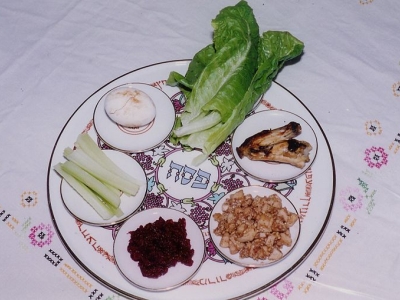Regarding the death of the Egyptian first born sons, Rabbi Joseph B. Soloveitchik has written (or rather delivered) a fine shiur.
He reminds us that, in ancient civilizations, the first born sons had all the rights, even the right of life and death, over other people. This is the kind of system which prevailed in Egypt.
In Judaism things are different; in fact a lot of Torah stories show that the younger son is expected to assume the responsibility we normally associate with the first born. Neither Abraham nor Moshe was a first born and yet God assigned them the role assigned to elder sons in other civilizations.
Rabbi Joseph B. Soloveitchik believes that by looking at how loving fathers behave with their elder sons we can get a glimpse of how a first born is expected to act. Thus he is the one a father will rely on for help. He also often teaches his younger siblings directly or because they wish to emulate him to grow up.
Israel was not the first nation. There were populous nations and strong kingdoms when Abraham acknowledged there was only one God. Similarly Jacob’s family descended to Egypt numbering only seventy persons, at the time when Joseph was viceroy of Egypt.
In Shemot (4:22) Moses is commanded to tell Pharaoh: “Thus says the Lord: Israel is My first-born son… Let My son go, that he may worship Me.” By refusing to let the children of Israel leave Egypt, Pharaoh prevents them from fulfilling their spiritual role as God’s first born son. He keeps them from teaching other nations about God just as a first born teaches his younger siblings.
This, for Rabbi Joseph B. Soloveitchik, is the reason for the tenth plague. This is also the reason for the fast of the first born on erev Pesach: to remind us of or spiritual mission and of the change that Gods law introduced into the world. Being the first-born son of God does not give the children of Israel special privileges. Quite the opposite, a weighty responsibility is placed on Israel to be a “kingdom of priests and a holy nation” (Shemot 19:6)











